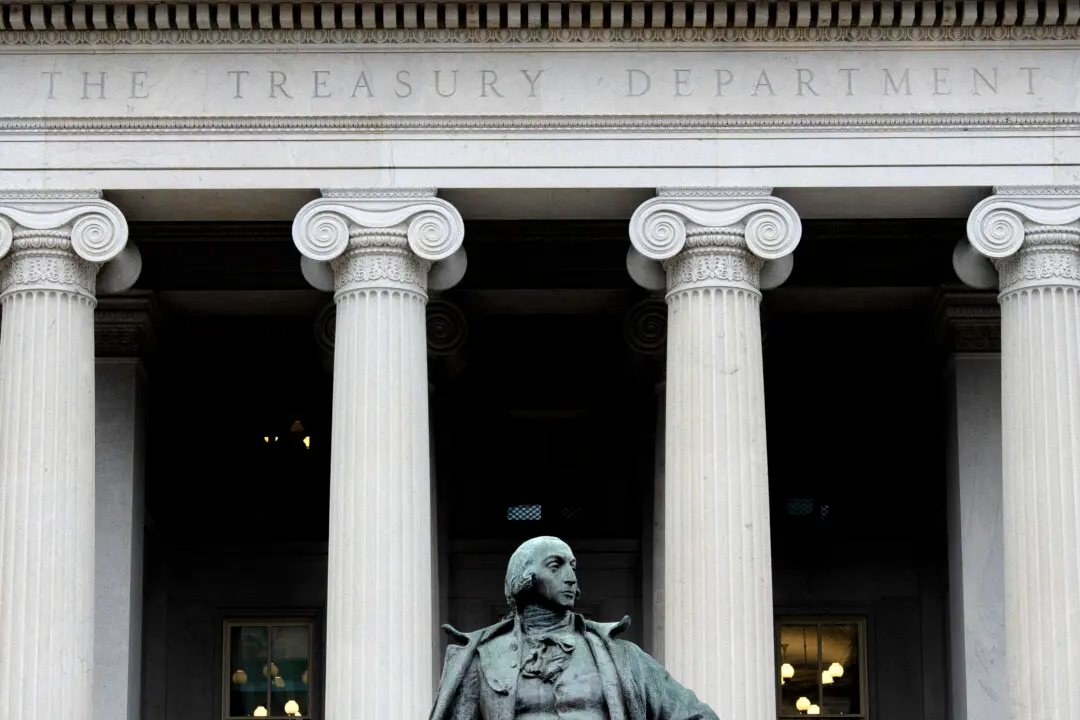A bill in the California Senate would allow Californians to tap a federal tax benefit available in 45 other states.
If Senate Bill 302 is passed, California would stop collecting taxes on the revenue from sales of environmental credits as permitted by the Inflation Reduction Act (IRA), which President Donald Trump has committed to curtailing via his Jan. 20 executive order “Unleashing American Energy.”





